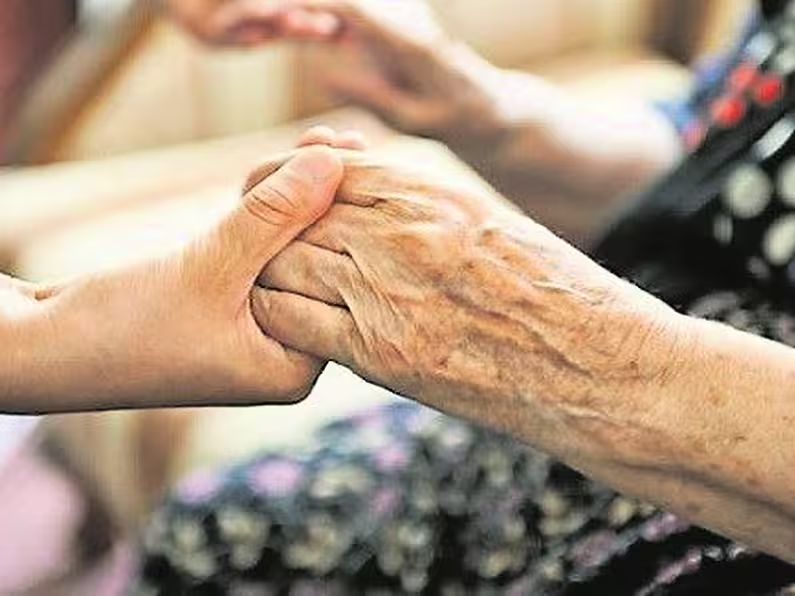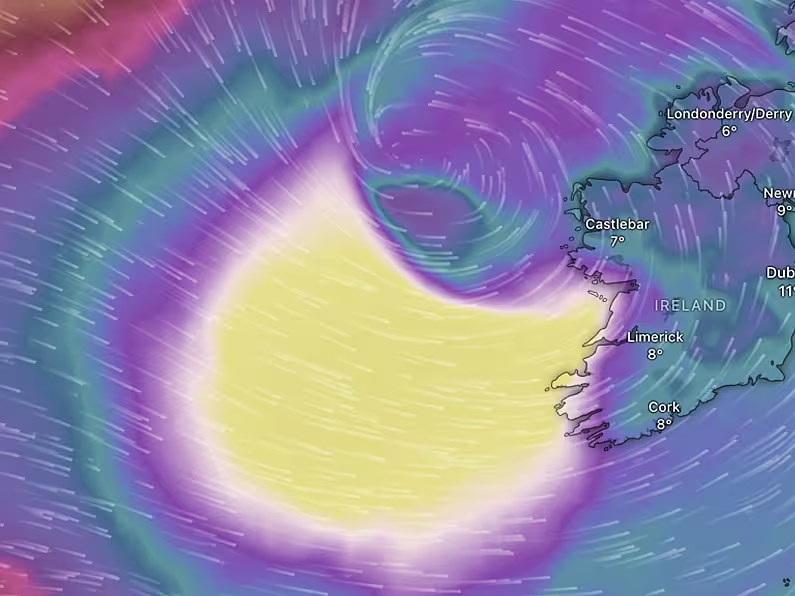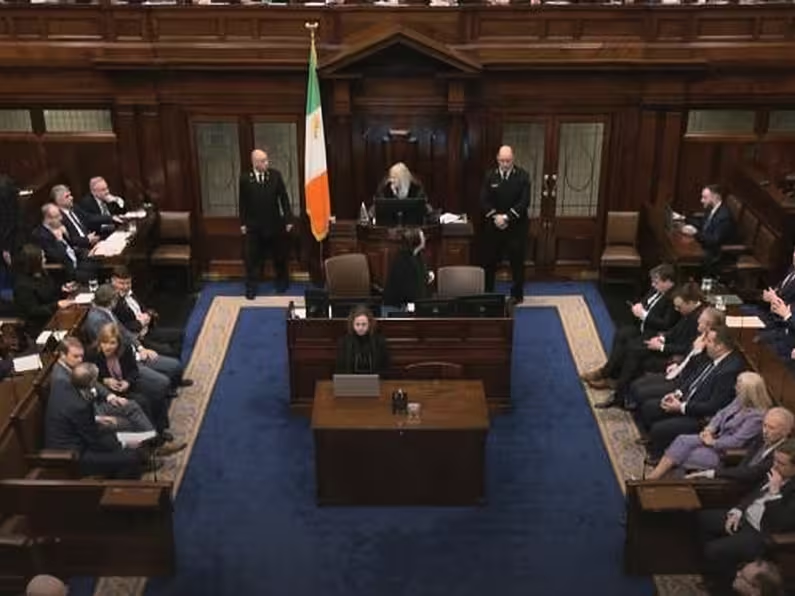The shortage of carers in Ireland is something that's been happening for a long time - but is only now coming to a head.
Danette Connolly, National Clinical Lead and Managing Director of the Academy for HomeInstead Home Care, told Deise Today that all in the industry would love to be in a position to provide care to everyone - but the demand for services outweighs supply.
Earlier this week, Michelle Wade from Portlaw told Deise Today that her father Michael, who suffered two strokes as well as being diagnosed with Churg Strauss Syndrome, has not been home for 309 days - and carers cannot be found.
Danette says the Wade family's situation is one being experienced by many at present.
"There's a load of families all over the country, unfortunately - and I know that from the position I hold - in this situation. Everybody in the care industry would love to be able to help, and be able to deliver the care, but we just don't have the carers to do it. What we need to do is look at how do we attract people to become carers?".
Ms. Connolly believes that there is an untapped pool of people in Ireland who would make great carers, despite never seriously considering the role. She says a recruitment drive will be needed in order to increase the supply of people available, but people need to feel empowered to make the career choice.
"Within Ireland, I think we still do have a pool of people that have probably never considered being a carer, or thought - oh, I wouldn't be able to do that. I think we need to empower these people to think about making this career choice. We, as providers of care, need to make it a profession that develops a reputation of giving people the renumeration and conditions that people deserve for what they do."
Danette agreed that 'unsociable hours' and Pandemic Unemployment Payment are among many factors currently deterring people from becoming carers, as well as returning to work in any capacity or sector.
"I think it is part of the problem - and another similar industry would be the hospitality industry. There's also talk of the unsociable hours - because people need care morning, noon, evening and weekends. That probably is having an impact on us being able to attract people - but there are certain people, that they are the hours that they're able to work."











